The Performative Democracy of Manipur General Elections 2022
As regarding the current political environment, it remains unclear as to which party or group of parties will be forming the government in Manipur. With electoral bonds and the majority of those funds are going to the current ruling party it is sure to make an attempt to sway the direction of votes.
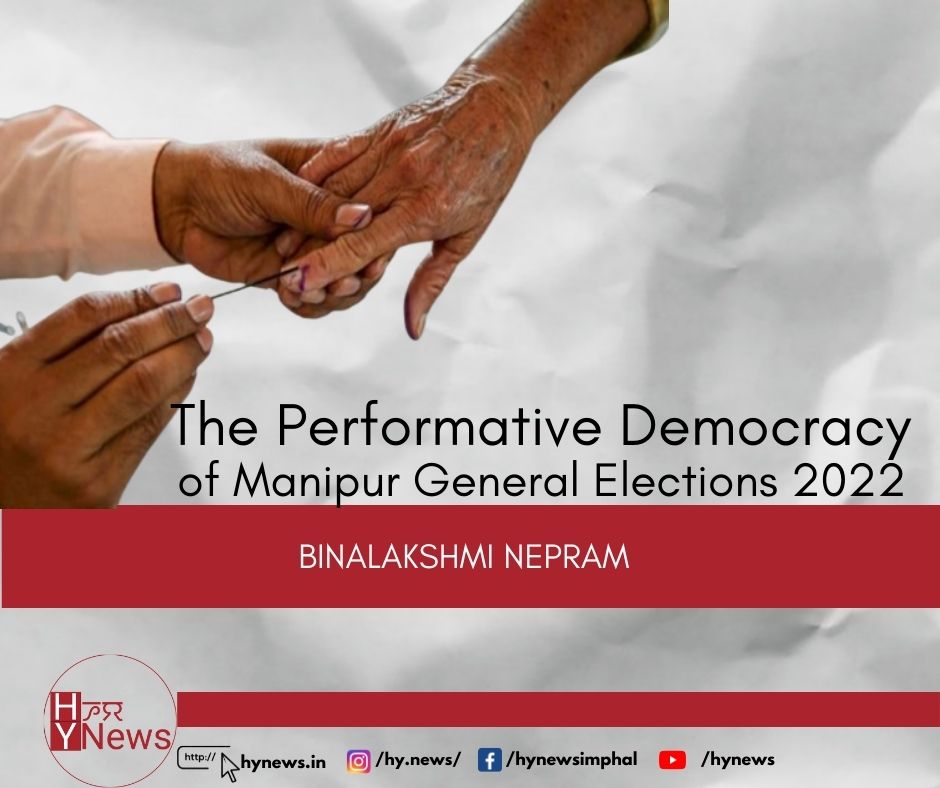
Democracy is the krates of demos, which means the power of the people…where in the world, in which country, does anyone dare to say that the power of the people is being realized?” ~ Cornelius Catoriadis
In the article, “The constitutionalizing of democracy,” Sheldon Wolin writes that modern democracy consists of two principal elements: a constitution that establishes representative government and so enables a large, scattered citizenry to “participate,” as well as a pluralistic politics that is generated by free competition between highly organized economic and social interests. When democracy is at its most fragile, as sociologist Elzbieta Matynia wrote, can also be “performative.” The upcoming Manipur elections, which take place every five years, have been nothing short of “performative” practice.
Manipur, home to 2.2 million Indigenous peoples, is a frontier state in the current Northeast region of India that borders Myanmar. The state historically is one of Asia’s oldest extant states, with a 3,000-year-old history having a written constitution, called Loiyumba Shinyen, first published in 1110 A.D. After the British left India in 1947, Manipur State Constitution Act 1947 was passed. Prior to the contested merger with the Union of India in 1949, Manipur had an Assembly that was elected on the basis of universal adult franchise. As Manipur enters 2022 elections in two phases, on 28 February and 2 March 2022, the state indeed has come a long way in democratic governance. Currently, the state has 60 total members of the Manipur Assembly, with 40 seats from the valley and 20 from the hills, and 31 seats are needed for a government to be formed.
One of my first ever memories of elections in Manipur were the colorful election symbols that flooded our localities in Imphal. Badges, banners, and candidate posters were plastered almost everywhere on every wall. Candidates outstretched folded hands, begging for votes. There was hardly any debate. Rather, elections were like big shows, announcements, feasts, liquor, and distribution of money. We also saw former contractors, drug traffickers, money launderers, jailed militants, men with a connection to armed groups and gangs becoming part of “performative democracy” and becoming our “lawmakers.” We hardly saw sincere, honest people get elected in the state.
This year, too, as Manipur goes into elections due to be held in a month’s time, nothing much has changed. It is a similar “performance” that is being staged. The actors remain the same parties that are in the fray in-country, consisting of Congress-I, Bharatiya Janata Party (BJP), Nationalist People’s Party (NPP), Lok Janshakti Party (LJP), Janata Dal, Trinamool Congress, Communist Party of India (CPI), Republican Party of India-Athawale, the Shiv Sena and a few other independent parties. In the last 2017 elections, Congress was the single largest party with 28 seats. However, BJP which got 21 seats engaged in horse-trading to form the government with the support of four National People's Party (NPP) members of the legislative assembly, four members of Naga People's Front (NPF), one Trinamool Congress, and one Independent member. As of 2022, 8 MLAs of Congress have reportedly joined the BJP.
As regarding the current political environment, it remains unclear as to which party or group of parties will be forming the government in Manipur. With electoral bonds and the majority of those funds are going to the current ruling party it is sure to make an attempt to sway the direction of votes. There is also a new phenomenon of the use of guns and the rise in violence leading up to the Manipur elections this year. Already, there are several election-related shootings and killings in a manner not seen before. Democracy at gun-point continues to be a phenomenon for decades and we have seen this played out in several elections.
However, there are several new trends that we can view as strong beacons of hope. First of all, the emergence of several youth leaders and women who have entered the political sphere. Youth in the state are now taking action. They are aware of how change is critical. Secondly, there is a rising in local Indigenous parties, such as Manipur Peoples Party, Naga Peoples Front, Kuki Peoples Alliance. Etc. These new political actors are part of a landscape of the recent emergence of several indigenous political groups and alliances across Northeast India such as Tipraha Indigenous Progressive Regional Alliance (TIPRA) in Tripura as well as the All-Party Hills Leaders Conference in Karbi Anglong (APHLC), Assam that borders Nagaland.
The continued imposition of martial law, the debacle of the Citizenship Amendment Act, attacks on minorities, attempts to distort Indigenous history and way of worship, the ongoing Naga Peace Talks, the arrest and detention of journalists, denial of freedom of expression, and the criminalization of peoples movements will also be deciding factors in the upcoming Manipur elections too. A pandemic has also ravaged our communities and led to the loss of many of our kin and this election will start to see the impact of many unresolved issues.
For sustainable peace and development to come to Manipur, we must elect representatives who have the moral and ethical fiber to ensure that martial law is repealed, a truth and reconciliation commission is created to look into decades of war, and a process of healing, which people disparately need, is begun. We need Manipur’s brave indigenous women both from hills and valleys in political decision-making. Only then can Manipur be a beacon of light in Northeast India, reaching beyond a “performative” democracy, and becoming a democracy that works for the lives of millions.
Binalakshmi Nepram is founder-Director, Manipur Women Gun Survivors Network and Global Alliance of Indigenous Peoples, Gender Justice and Peace. Nepram is also currently a Fellow and Affiliate Expert at Harvard University. A version of this article first appeared in the Editorial Page of the Times of India on 1 February 2022. You can follow Nepram’s work at her twitter handle @BinaNepram

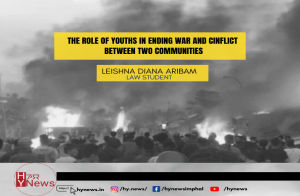

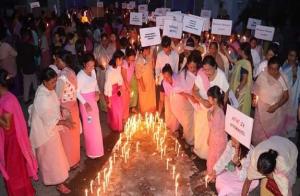
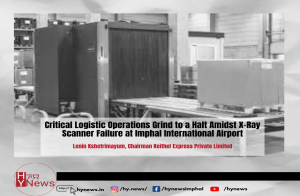
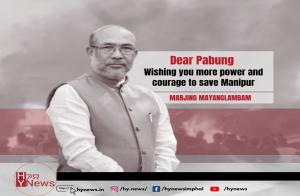
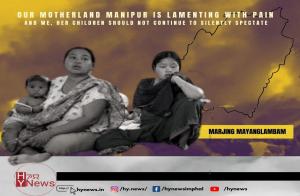
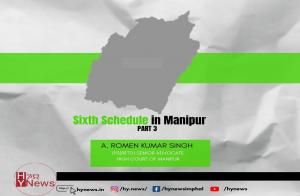
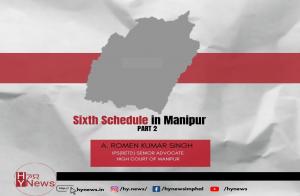
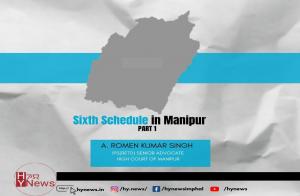



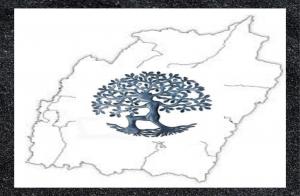





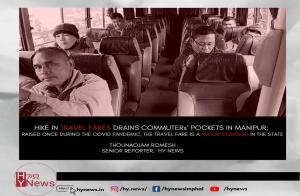



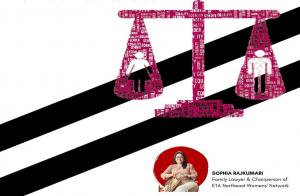
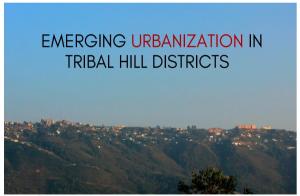
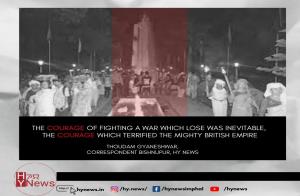

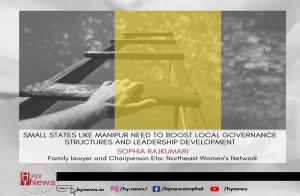


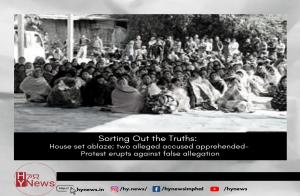





Leave Comments